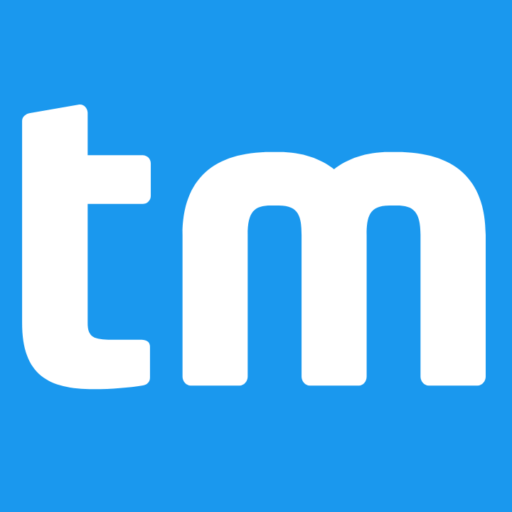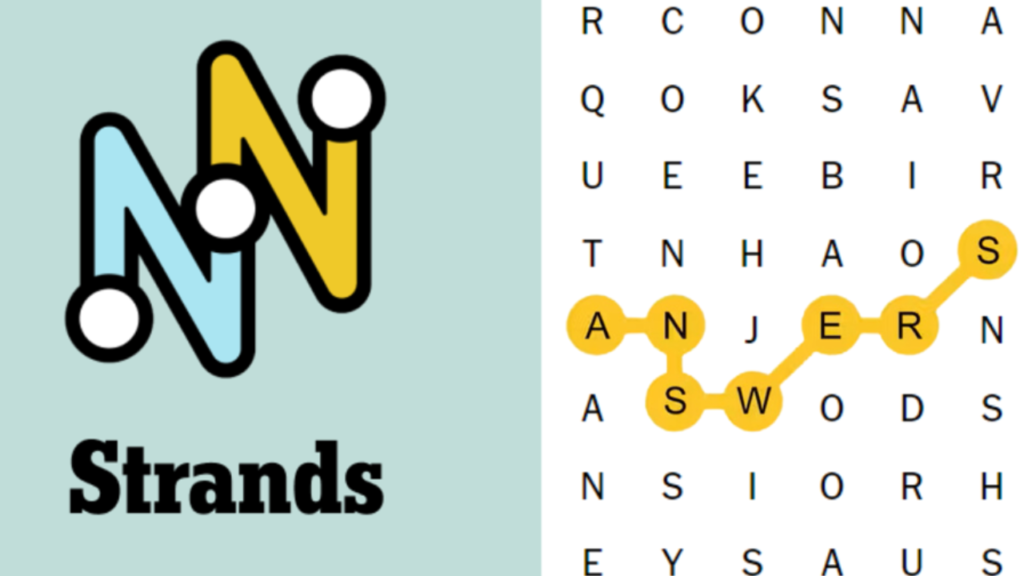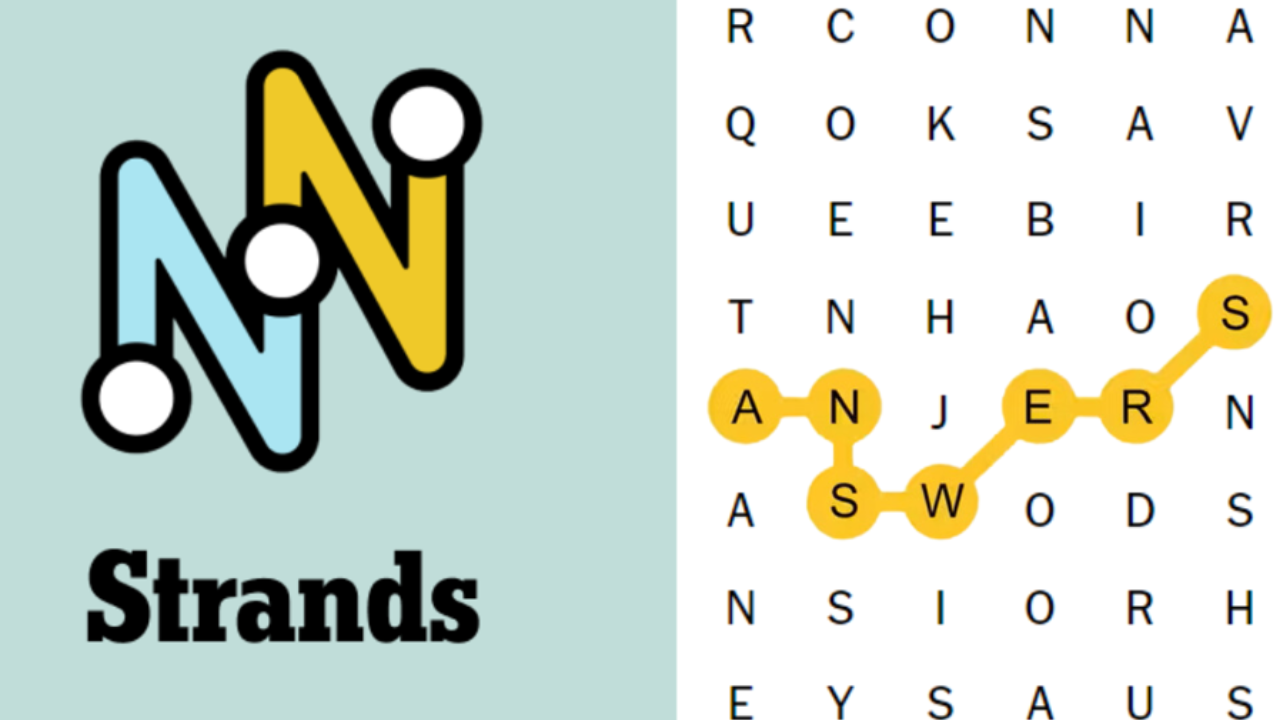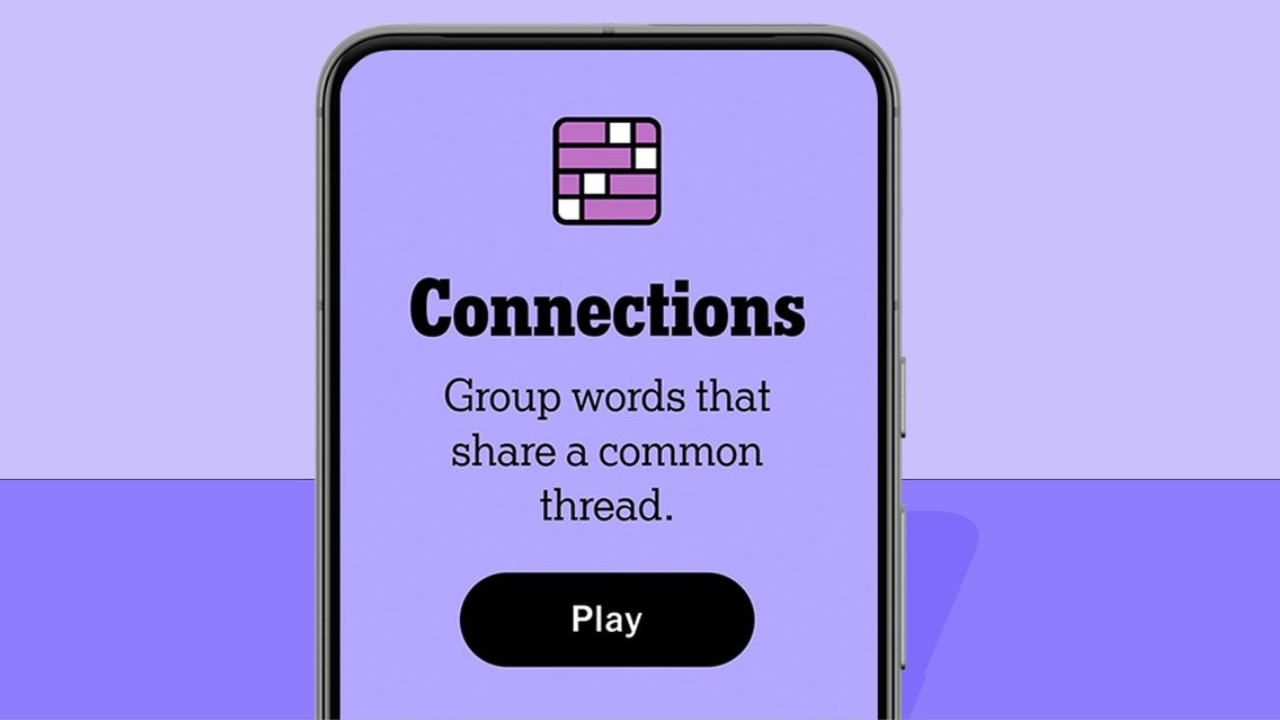As Google reportedly gears up for a December release of its new Gemini 2.0 AI model, the race among major tech giants for next-generation AI dominance is intensifying. This anticipated rollout of Gemini 2.0 marks Google’s bid to challenge OpenAI, whose own updated AI model is also expected by the end of the year. Meanwhile, Google is advancing its Project Jarvis initiative, designed to automate complex web tasks through an AI-driven approach.
Projected December Release
According to The Verge, Google has scheduled a widespread launch of its Gemini 2.0 model, positioning it to compete with OpenAI’s upcoming flagship model. Despite the ambitious timeline, reports suggest that Gemini 2.0 may not yet exhibit the breakthrough performance originally envisioned by the team under AI expert Demis Hassabis. This potential shortfall could affect Google’s standing in an AI sector that is seeing accelerated innovation and heavy investment from competitors.
In an intensely competitive market, Microsoft-backed OpenAI is reportedly planning to release a new model, codenamed “Orion,” to partner companies like Microsoft. This approach allows OpenAI to leverage a network of collaborators to quickly expand its model’s practical applications, potentially creating a wide ecosystem of products and features. Google’s planned independent deployment contrasts with OpenAI’s partnership-based model, highlighting two different strategies in gaining AI market share.
Project Jarvis
Beyond Gemini 2.0, Google is advancing a highly specialized project called “Project Jarvis,” an AI-powered assistant tailored to automate online tasks. This initiative is based on a large action model, which aims to integrate smoothly with Google Chrome to handle activities like researching, purchasing products, or booking tickets with minimal human input.
According to The Information, Project Jarvis is designed to operate within the user’s web browser environment. Using capabilities that interpret screenshots and respond through clicks or text entries, the tool aspires to tackle intricate, multi-step online tasks. Current development versions, however, exhibit a slight delay between task interpretation and action execution, but with further optimizations, this tool could provide significant time-saving benefits to users.
AI Race Among Giants
Google and OpenAI aren’t alone in the race for advanced AI models. Other notable players, including Elon Musk’s xAI, Meta, and Amazon-backed Anthropic, are all pursuing next-generation AI technologies, with several models expected before the end of the year. As more companies enter this space, each with unique objectives and technological focus, the demand for high-performance AI tools is reshaping the industry.
This competitive surge means that Gemini 2.0’s impact will hinge on its ability to perform as a versatile, robust model that can hold up against the diverse approaches taken by OpenAI, Meta, xAI, and others. As each company refines its proprietary methods, the AI landscape stands to see a significant leap in consumer-facing AI capabilities.
What Google’s Gemini 2.0 Means for Consumers and Businesses
For consumers and businesses alike, the release of these new AI models signifies a new era of intelligent automation and more personalized experiences. Project Jarvis, if successfully implemented, has the potential to reshape user interactions with online platforms by completing multi-step tasks seamlessly and with minimal supervision. For businesses, this capability could translate into efficiency gains and enhanced productivity.
However, with so many companies aiming for breakthrough releases within the same timeframe, each model’s success will depend on its ability to stand out in an increasingly saturated market. Google’s Gemini 2.0 must thus demonstrate meaningful advancements and utility, not just technical prowess, to differentiate itself and capture the interest of end users.



















